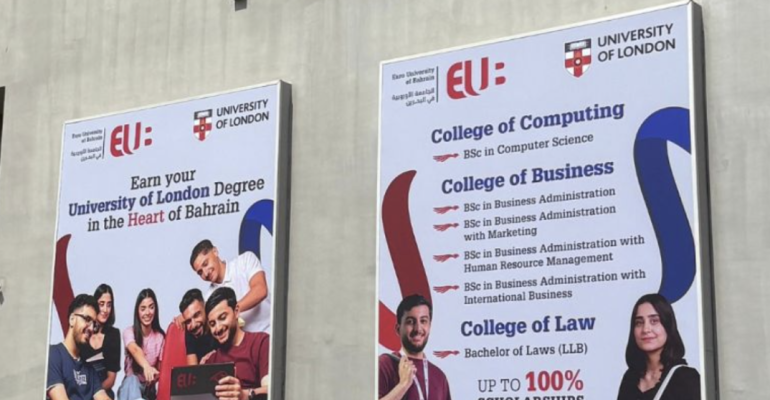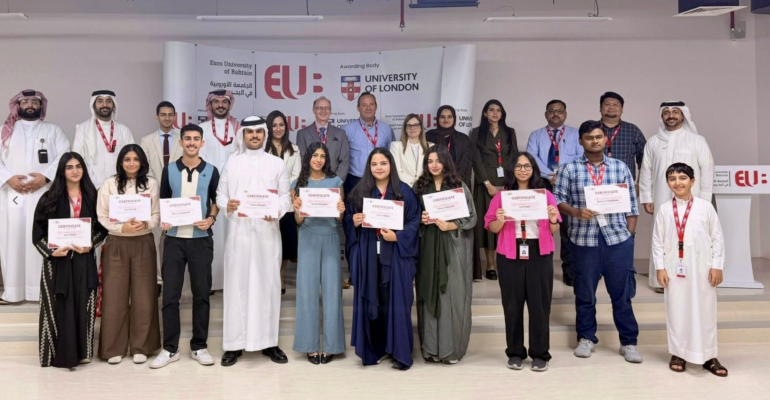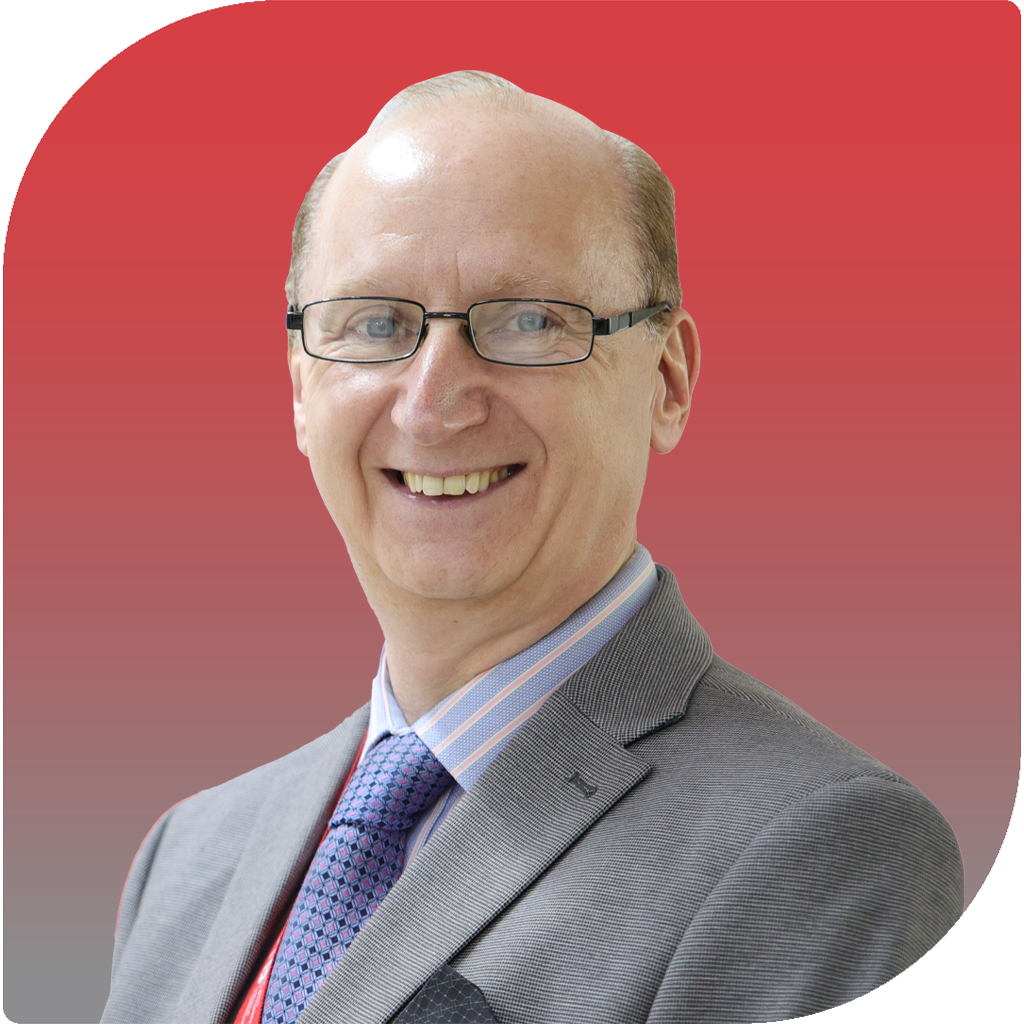The President’s Blog
28/08/2025 2025-09-18 9:37The President’s Blog
The President's Blog
Lightboxes Shine the Way
Education often lives behind walls — in classrooms, libraries and lecture halls. But this month, Euro University of Bahrain stepped into a different kind of space: the lightboxes of District One. For us, this visibility is not about promotion alone. It is about making a quiet statement — that world-class education belongs at the centre of Bahrain’s life, as present in its streets as in its lecture rooms. …
Celebrating Our Faconship Interns
Yesterday we celebrated our Falconship Interns — a group who have brought fresh energy, ideas and commitment to Euro University of Bahrain over the summer. Their contributions, teamwork and spirit have been felt across our community. To our staff and mentors: thank you for guiding them. And to our interns: this is just the beginning. You will always carry a connection to EUB, and we look forward to watching your next steps. …
Intelligence plus Character – The True Goal of Education
From the Foundation Stone Ceremony in 2005 to welcoming our first students in 2022, EUB has always stood for more than buildings and programmes. It is about connecting cultures, nurturing critical thinkers, and preparing graduates for a globalised world. …
What McLaren Taught Me About Leading a University
As a McLaren supporter, watching this season has been a joy. But what really stayed with me was Andrea Stella’s reflection on leadership. Asked about the most satisfying part of winning, he didn’t mention podiums or points. Instead, he spoke about the journey — and how every one of McLaren’s 1000 people felt ownership of the achievement. …
A Small Gesture, A Lasting Lesson
Some of the most lasting lessons in leadership don’t come from big turning points, but from small moments early in a career. …
Professor Andrew Nix is the President and CEO of Euro University of Bahrain. He has published more than 600 international papers and successfully supervised 65+ PhD students. He is well-known for his ground-breaking research contributions that shaped the Wi-Fi and Bluetooth standards. More recently, Professor Andrew’s 5G wireless research is globally recognized for tackling societal challenges related to smart cities, urban transportation and digital healthcare.
Categories
Archives
Popular Tags











